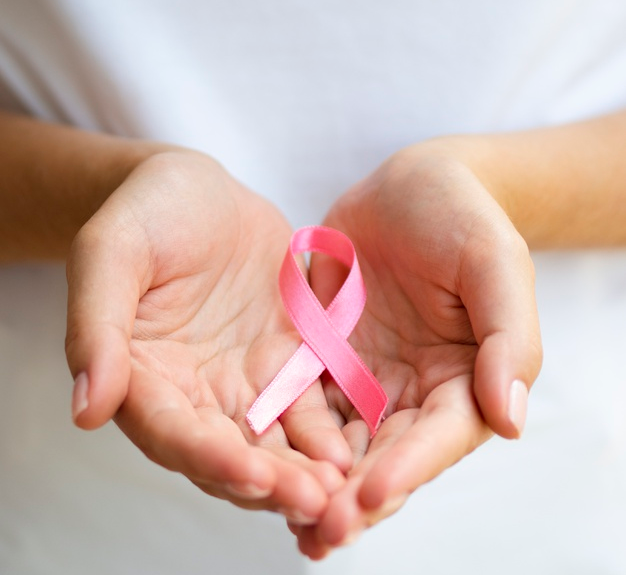HYPOTHESIS
Breast cancer screening programs allow early disease detection, but they have drawbacks. A blood test for early stage breast cancer would be ideal as a first-line screening procedure to pre-select high-risk individuals who require diagnostic investigation by mammography or MRI.

Objectives
Breast cancer screening programs allow early detection of breast cancer, but they have several drawbacks. They could give false positive results that cause anxiety and the need of further investigations, some of which are invasive (i.e. tissue biopsy to analyse breast cells under the microscope and look for biomarkers that can indicate the presence of malignant cells). Furthermore, they are based on mammographic scans and, as with all X-rays, use doses of ionizing radiation to create images. These radiations, even if they are based on low-energy X-rays, are anyway somehow invasive.
A blood test for early stage breast cancer would be ideal as a first-line screening procedure. It would allow to pre-select high-risk women who require further diagnostic investigation by mammography or MRI, and to identify low-risk women who may avoid too frequent scans, if screening programs are tailored according to individual breast cancer risk.
Circulating free microRNAs (cf-miRNA) are short RNA sequences found in body fluids such as plasma/serum that are released by cancer cells or by their surrounding microenvironment or even by the immune system within an initial cross-talk with initiating cancer cells. These cf-miRNA can be used as biomarkers (indicators) for the early detection of tumours.
This project starts from a metanalysis of several published datasets of cf-miRNA profiles in breast cancer in order to identify a clear breast cancer “signature” – an indication that cancer is present. It aims to refine and validate this signature using multiple screening platforms in a large cohort of serum and plasma samples collected from symptomatic breast cancer patients and from women who underwent mammography screening within a big study (more than 25,000 women enrolled and more than 15,000 of them provided blood samples) conducted at the Fondazione Edo ed Elvo Tempia. This study also includes information on diet, physical activity, smoke/alcohol habit, stress management, familial history, hormonal/reproductive history, as well as 80 DNA variants that are associated with an increased breast cancer risk. Sex hormones will also be determined and we will focus on understanding the interplay between genetic and environmental factors to better define breast cancer risk and personalize breast cancer screening interventions.
to tailor breast cancer screening according to life-styles and genetic risk, which involves being trained on the analysis of circulating-free microRNAs (cf-miRNA) to detect or predict breast cancer.
Enrolment in Doctoral degree(s):
- University of Turin
